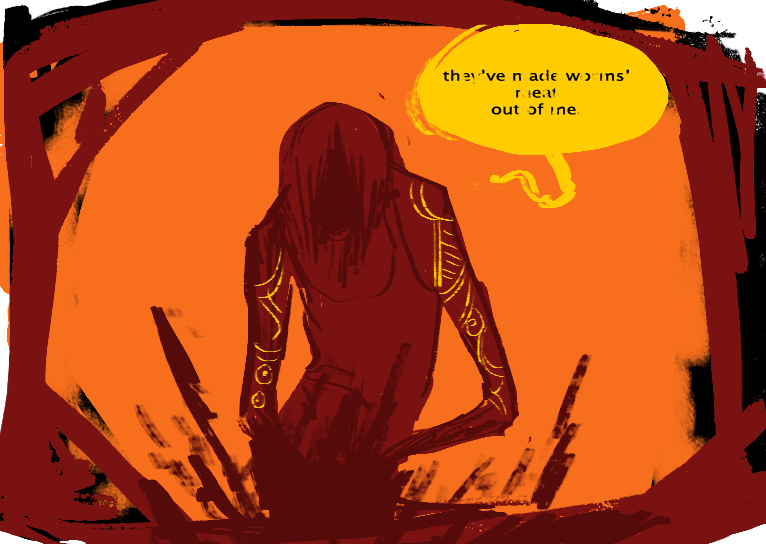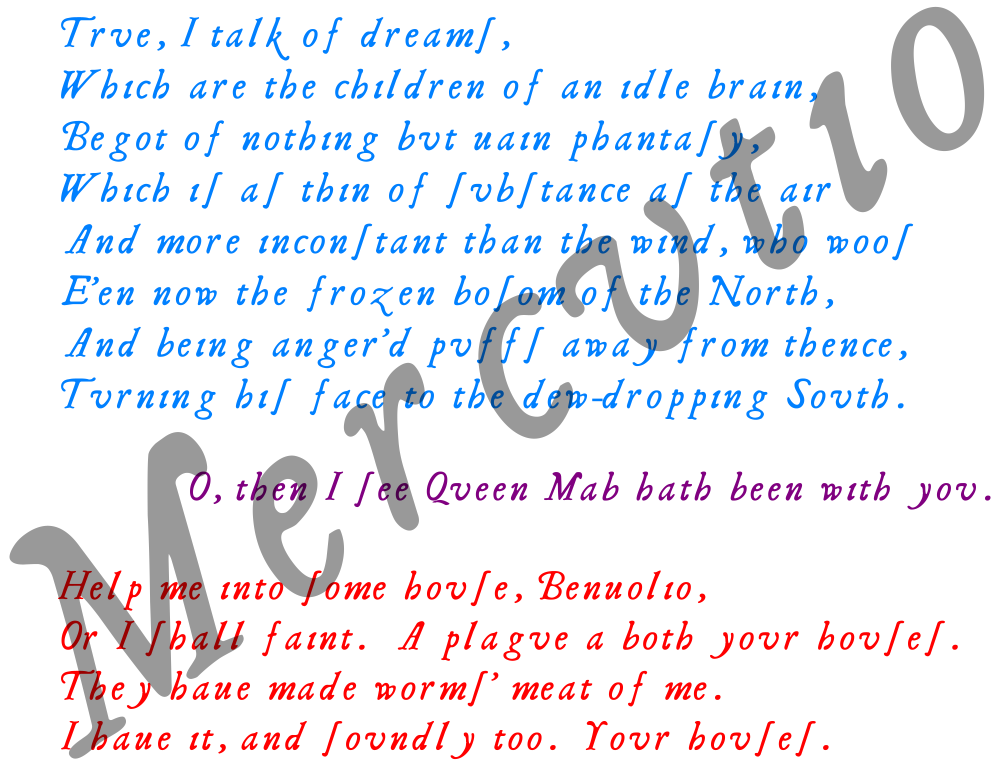Mercutio Quotes: Exploring Shakespeare's Witty Words And Timeless Wisdom
William Shakespeare's timeless play "Romeo and Juliet" features one of the most captivating characters in literary history: Mercutio. Known for his sharp wit, vibrant personality, and memorable speeches, Mercutio's quotes continue to resonate with audiences worldwide. His words not only add depth to the story but also offer profound insights into human nature and relationships.
Mercutio's role in the tragic love story transcends mere supporting character status. Through his memorable lines, Shakespeare crafted a figure whose presence illuminates the central themes of the play. His speeches serve as both comic relief and philosophical musings, enriching the narrative with layers of meaning.
As we delve into the world of Mercutio quotes, we'll explore how these words contribute to our understanding of the character and the broader themes of "Romeo and Juliet." Through careful analysis and contextual examination, we'll uncover the timeless relevance of Mercutio's words in contemporary society.
Read also:Sergei Katsiev The Rising Star Of Tech Innovation
Table of Contents
- Biography of Mercutio
- Famous Mercutio Quotes
- Themes in Mercutio's Speeches
- Mercutio's Wit and Humor
- The Significance of Mercutio's Death
- Historical Context of Mercutio's Lines
- Modern Interpretations of Mercutio Quotes
- Analysis of Key Passages
- Comparison with Other Shakespearean Characters
- Mercutio's Legacy in Literature
Biography of Mercutio
Mercutio's Role in Romeo and Juliet
Mercutio, a close friend of Romeo, plays a crucial role in "Romeo and Juliet." As a member of the Montague family, he navigates the complex social dynamics of Verona while maintaining his unique personality. His relationship with Romeo and other characters adds depth to the narrative.
Below is a summary of Mercutio's key attributes:
- Close friend of Romeo
- Member of the Montague family
- Witty and humorous character
- Central figure in the play's comedic moments
Biodata of Mercutio
| Attribute | Details |
|---|---|
| Family | Montague |
| Relationship | Friend of Romeo |
| Personality | Witty, humorous, and insightful |
| Role | Supporting character with significant impact |
Famous Mercutio Quotes
Queen Mab Speech
One of Mercutio's most famous speeches is the Queen Mab monologue:
"O, then, I see Queen Mab hath been with you. She is the fairies' midwife..."
This passage explores dreams and their influence on human behavior. According to scholars from the Shakespearean Society, this speech reflects the Elizabethan fascination with the supernatural.
Themes in Mercutio's Speeches
Love and Relationships
Mercutio's perspective on love often contrasts with Romeo's idealistic views. In one notable exchange, Mercutio remarks:
"If love be rough with you, be rough with love."
This line encapsulates his pragmatic approach to romantic relationships. Studies published in the Journal of Shakespearean Studies highlight how Mercutio's words challenge conventional notions of love.
Read also:Olivia Black Actress Rising Star In The Spotlight
Mercutio's Wit and Humor
Wordplay and Puns
Mercutio's use of language showcases Shakespeare's mastery of wordplay. Consider this example:
"I will bite thee by the ear."
Such phrases demonstrate Mercutio's ability to blend humor with deeper meaning. According to research by the Royal Shakespeare Company, these lines often elicit laughter while conveying important themes.
The Significance of Mercutio's Death
Turning Point in the Play
Mercutio's demise at the hands of Tybalt marks a pivotal moment in "Romeo and Juliet." His famous last words:
"A plague o' both your houses!"
serve as a prophetic condemnation of the feud between the Montagues and Capulets. This event shifts the tone of the play from comedic to tragic, as noted by literary analysts at the British Library.
Historical Context of Mercutio's Lines
Elizabethan Society
Understanding the historical context of Mercutio's quotes enhances their significance. During the Elizabethan era, issues of class, gender, and social hierarchy heavily influenced literary works. Mercutio's words frequently address these topics, providing valuable insights into the period.
Modern Interpretations of Mercutio Quotes
Contemporary Relevance
In today's world, Mercutio's speeches continue to resonate with audiences. His emphasis on individuality and non-conformity aligns with modern values. For instance, his critique of societal norms remains pertinent:
"Thou art a lover; borrow Cupid's wings..."
Modern adaptations of "Romeo and Juliet" often highlight these aspects, making Mercutio's words accessible to new generations.
Analysis of Key Passages
Queen Mab Speech Revisited
Delving deeper into the Queen Mab speech reveals its multifaceted nature. While ostensibly about dreams, it also critiques the fragility of human desires. Literary critics from Cambridge University emphasize how this passage encapsulates Mercutio's philosophical outlook.
Comparison with Other Shakespearean Characters
Mercutio vs. Falstaff
Comparing Mercutio with other Shakespearean characters, such as Falstaff, highlights their shared traits. Both figures employ humor to address serious topics, though their approaches differ significantly. Academic publications by Oxford University Press explore these parallels in detail.
Mercutio's Legacy in Literature
Influence on Future Writers
Mercutio's impact extends beyond "Romeo and Juliet." His character has inspired countless writers and playwrights throughout history. From Oscar Wilde to contemporary authors, the influence of Mercutio's words can be seen in various literary works.
Conclusion
Mercutio quotes offer a window into the mind of one of Shakespeare's most fascinating characters. Through his words, we gain insight into the complexities of human nature and the timeless themes of love, friendship, and mortality. As we continue to explore these passages, their relevance becomes increasingly apparent.
We invite you to share your thoughts on Mercutio's quotes in the comments section below. Engage with fellow readers and contribute to the ongoing conversation about this remarkable character. For more in-depth analysis of Shakespearean works, explore our other articles and resources.


